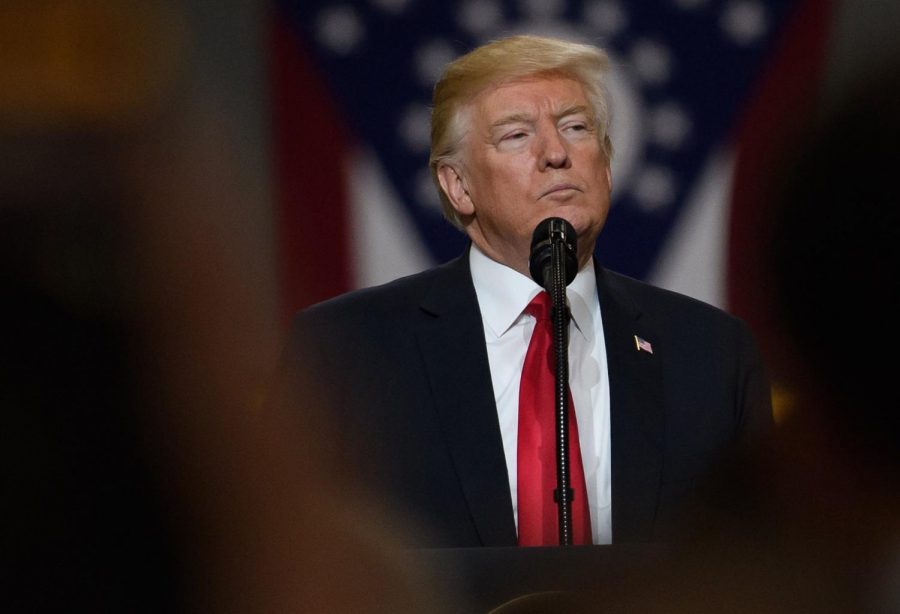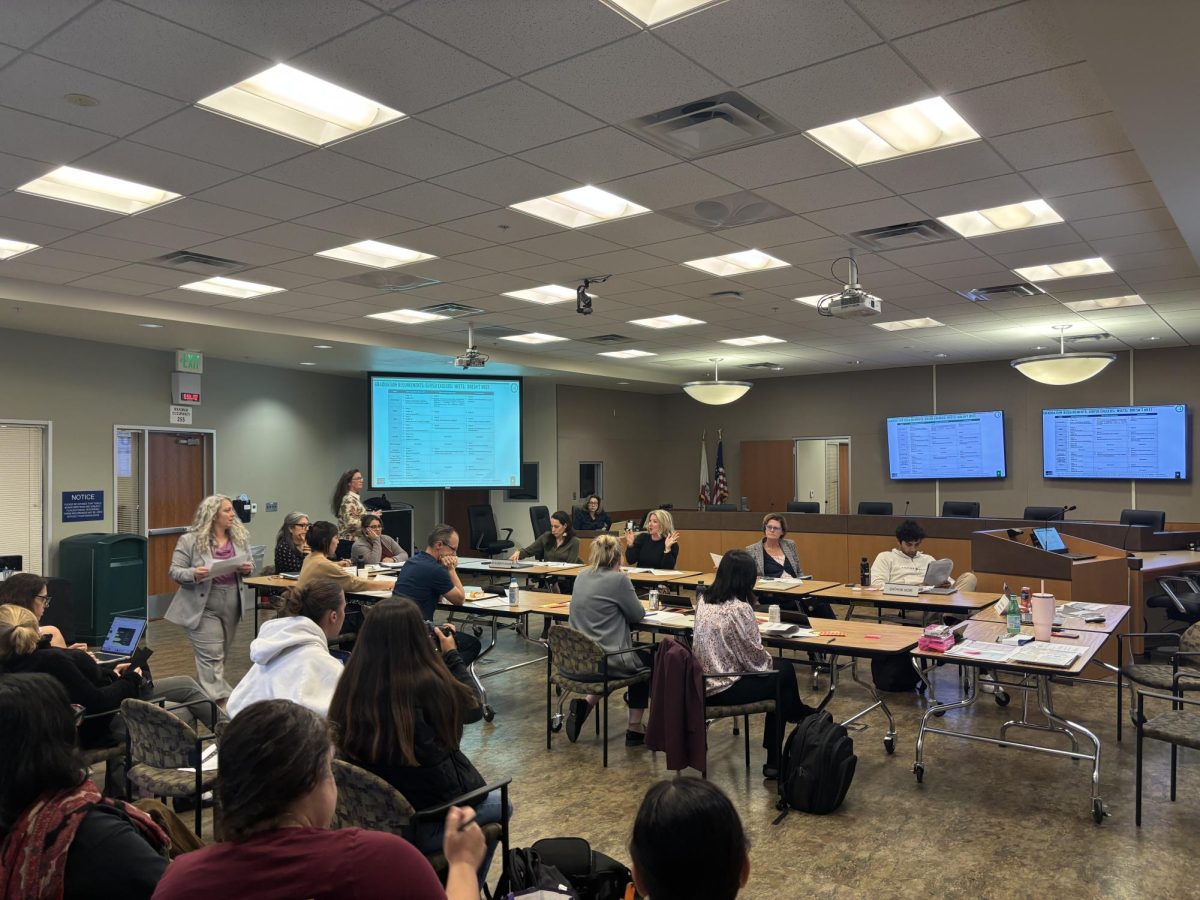From unsubstantiated voter fraud claims to space lasers, the chosen discourse of the right wing in America is shifting further and further to the extreme and becoming less recognizable with pre-Tea Party republicanism. The Republican party now finds itself at an inflection point: they can move towards either becoming the party of Donald Trump and Congresswoman Marjorie Taylor Greene, or they can revert back to their traditional small-government ideology.
Greene, elected to Congress last year on a platform based around QAnon conspiracies and tapping into the same anger and fear utilized by Trump, represents Georgia’s 14th district. Although she publicly apologized for her campaign remarks, the party has not yet censured her. Additionally, while she has received criticism from current party leaders like Senate Minority Leader Mitch McConnell, other Republicans are wary of criticizing what may be their future party leader. Thus, Greene represents an inflection point in the Republican party: a place to choose what direction they want to take.
To gain insight into where the party’s future may lie, many look to the past for revealing parallels.
“Probably the closest analogy I can think of would be the creation of the Progressive Party by Theodore Roosevelt,” said Brian Pines, Adjunct Professor of Continental Philosophy at the University of San Francisco. “This example could be instructive because while there were policy differences between different party wings, the split in the party would not have occurred without the personality of Roosevelt. Once Roosevelt stepped out of the political ring, the party fell apart.”
Pines argues that, like Roosevelt’s “Bull Moose” party, the current radicalization of the Republican party will be only as sustainable as the personalities driving it, rather than the policies they propose.
“As cynical as it sounds, I don’t think that a party can be led by policy, but only by personalities,” he said. “Given the importance of personalities, it is hard for me to envision any of the figures in the Senate or Congress figures having the charisma either to unify the party or to divide it. My prediction would be not to underestimate the powerful inertia of the status quo.”
Woodside senior and right-wing student Aidan Cooper offers his own perspective on the role of Trump in forming this new party.
He and many others were initially attracted to the previous president’s personality and exciting campaign promises, explaining that “Trump spoke charismatically about dismantling ‘the swamp’ and getting rid of dirty political money.” However, Cooper explains that his charismatic campaign promises differed from his actions in office. “When he earned the Oval Office, Trump welcomed hundreds of lobbyists who directed his policies while feeding his pocket,” Cooper said.
Though Cooper believes in the ideas promoted during Trump’s campaign, he acknowledges that the recent upheavals may not last in his absence.
“Whether this upheaval against the establishment and the corporate press continues amongst Republicans is still very much in the air,” said Cooper, “though I would predict that it will die with Trump’s departure.”
Woodside junior and left-wing student Carlos Osuna believes Trump’s personality and the culture he has legitimized play a critical role in driving the party towards the darker forces of the right.
“The party is shifting because of the schism Trump caused,” said Osuna, who volunteered for Biden’s campaign during the 2020 election. “By creating this culture of bringing hate into politics, the Republican Party has split in two. By embracing people like Marjorie Greene, who has a history of making grossly anti-Semitic claims, embracing QAnon, etc., the party is moving dangerously far to the right.”
Despite the increasing gravitation of the Republican party towards such strongman personalities, Osuna remains hopeful that the political conversation will soon return to discussions of policy rather than of personality.
“I will admit that my faith was shaken, but not broken, after seeing the side effects of the party shift,” he said. “Watching the Capitol building — the center of American democracy — be invaded in such a savage way, I felt that the US might never heal. But I have hope our generation will bring a new day that rejects racism, bigotry, and all forms of hatred while respecting each other’s opinions and working together to move forward.”







